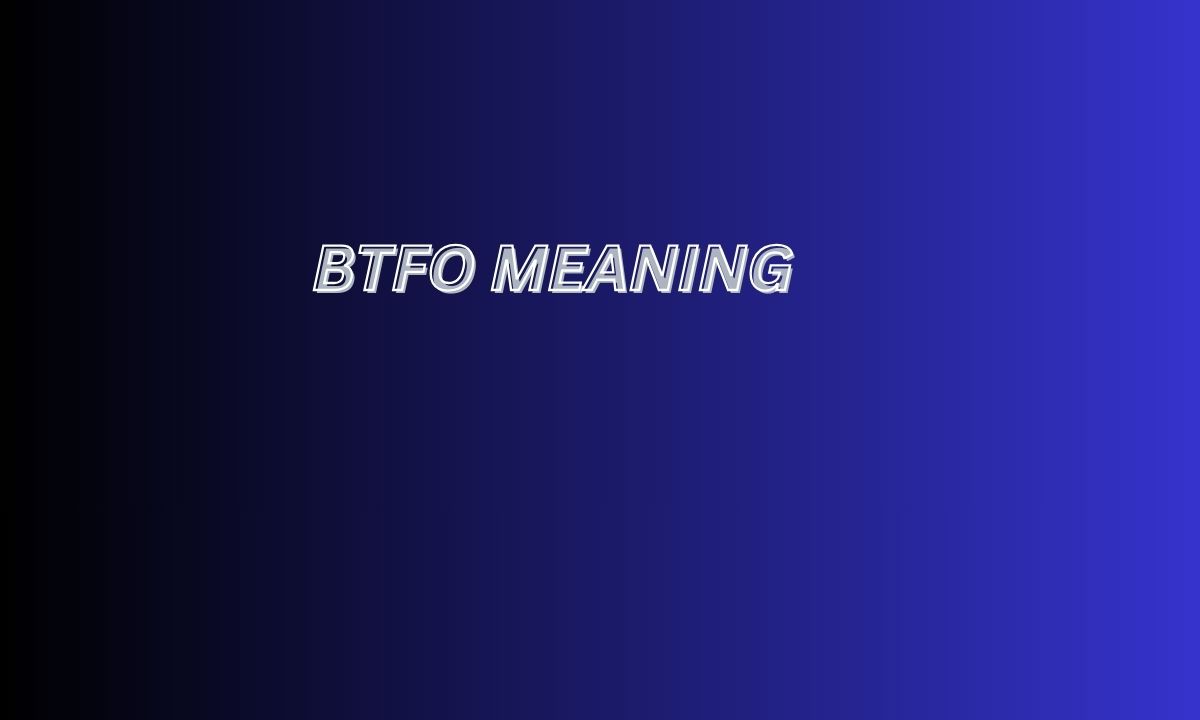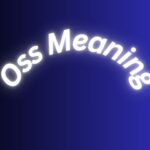The internet is filled with slang expressions and acronyms that often confuse readers unfamiliar with online culture. One such term is “btfo”, which frequently appears in online discussions, gaming communities, and social platforms. Understanding its meaning helps decode conversations effectively.
Over time, “btfo” has expanded beyond its original use, taking on multiple shades of meaning depending on tone, context, and community. By exploring this expression, readers can better recognize its impact on conversations and its connection with digital communication trends.
This article explains the “btfo meaning,” its use in text, variations across settings, and how to replace it with alternatives that fit casual, polite, or professional tones. It will also provide clear examples to guide correct usage.
What Does “BTFO” Mean?
The acronym BTFO stands for “Blown the F* Out.”** It is an online slang phrase often used in competitive settings like gaming, debates, or forums to describe a decisive defeat, embarrassment, or strong dismissal of an argument.
For instance, if someone loses a video game match badly, another player might comment that they were “BTFO.” Similarly, in online debates, the phrase suggests one side was thoroughly defeated, often with evidence or reasoning that leaves no strong counter.
While common in casual or heated contexts, the expression is harsh and may not be suitable in polite or professional communication. Understanding when and how to use or replace it is crucial.
The Tone of “BTFO” in Text
When used in text conversations, “btfo meaning” often conveys an element of ridicule or mockery. Its aggressive tone makes it unsuitable for formal exchanges. Instead, it thrives in environments where humor, competition, or exaggeration are expected.
For example, a friend joking about losing a round in chess might text, “You totally BTFO me in that game.” Here, the phrase softens into playful banter rather than serious insult. However, in workplace emails or respectful debates, such wording would appear offensive or unprofessional.
This contrast shows why learning polite, professional, and casual alternatives matters. Depending on your audience, a better word or phrase can maintain clarity while matching the right tone.
Polite Alternatives to “BTFO”
In formal or courteous situations, replacing slang with respectful wording ensures communication remains professional. Below are some polished options:
- “You presented a stronger case.”
- “That was a convincing point.”
- “You made a very effective argument.”
- “Your explanation was much clearer.”
- “That perspective was quite persuasive.”
Each alternative maintains politeness while recognizing the strength of another person’s position without mockery.
Professional Alternatives to “BTFO”
Professional conversations, especially in work or academic settings, require neutral yet clear expressions. Here are professional replacements:
- “Your strategy outperformed mine.”
- “That was a well-supported conclusion.”
- “Your evidence outweighed the opposition.”
- “The results clearly favored your side.”
- “You demonstrated a more effective solution.”
These phrases maintain professionalism while expressing that someone’s performance or argument was superior.
Casual Alternatives to “BTFO”
In friendly or relaxed exchanges, lighter and less harsh expressions often work best. Consider the following:
- “You totally crushed it.”
- “That was a complete win for you.”
- “You absolutely nailed it.”
- “That was a clean sweep.”
- “You completely dominated that round.”
Such casual alternatives carry the same meaning as BTFO but avoid offensive undertones, making them suitable for playful or informal conversations.
Choosing the Right Alternative
Selecting the right substitute for “btfo meaning” depends entirely on audience and context. In formal discussions, polite and professional wording prevents misinterpretation and maintains respect. In casual chats, lighter alternatives keep the mood playful without sounding harsh.
By recognizing these differences, speakers and writers can ensure they communicate effectively while still capturing the intended impact of “BTFO.”
Final Thoughts
The phrase “BTFO” originated in online culture as a way to describe decisive loss or humiliation. While it remains popular in internet communities, its aggressive tone makes it unsuitable for professional or polite exchanges. Fortunately, numerous alternatives exist that preserve the same idea while adjusting the level of formality.
Understanding the “btfo meaning in text” not only helps decode digital slang but also allows you to adapt your communication style across contexts. Whether you want to sound professional, courteous, or casual, the examples above provide versatile replacements.

Elizabeth crafts heartfelt messages for every occasion—anniversary wishes, love notes, prayers, thank-yous, and inspirational greetings—bringing warmth, joy, and connection to your special moments.










